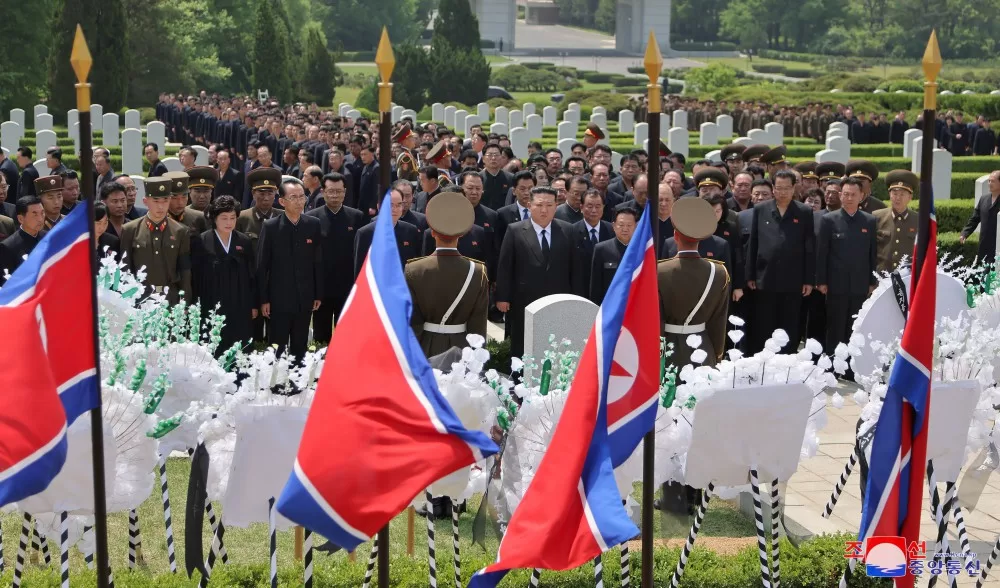[vc_row][vc_column][vc_column_text]This weekend marks the Jewish New Year, the beginning of the year 5781. I will be spending the weekend with my family, keeping to the Rule of Six of course, eating honey cake, celebrating the fact that even in the middle of a global pandemic we get to be together. We’ll laugh, we’ll chat and we might even Zoom in to watch part of the religious services. It will be a relatively normal (if a little surreal because of Zoom) high holy day and no one will bat an eyelid.
Because I live in the UK, I am free to practise my religion without restriction, I am legally protected to be a British Jew and I get to use my voice to fight for others. I am lucky. We are lucky. Others simply are not.
This week, the Chinese government, for the first time, published a seemingly innocent white paper on employment and labour rights in Xinjiang. Xinjiang, the home of the Muslim Uighur community. Xinjiang, the site of a genocide.
In recent months, details of the acts of genocide being perpetrated in Xinjiang have come to light but, given the repressive nature of the CCP government in Beijing, facts have been hard to come by. This changed on Thursday. While the paper is seemingly an innocuous document of government statistics, the numbers actually provide a flavour for what is happening on the ground to a minority community.
From 2014 to 2019 an average of 1.29 million people, every year, received ‘training sessions’ in Xinjiang province. That’s nearly six and a half million people since 2014. Before the publication of these statistics it had been estimated that there were currently over one million people in ‘re-education camps’ across the province – I think the CCP just confirmed that for us.
It is difficult to comprehend what a million people in concentration camps could look like. It’s difficult to humanise the statistic, to see the people behind the headline. But we must. We have to remember that that’s a million people with hopes and dreams. A million people who create works of art, who think, who just seek freedom. A million people who can’t go to mosques, even if they weren’t in camps, because most if not all have been closed, surrounded by razor wire and strict surveillance. A million people who, during their most holy month of Ramadan, were prohibited from fasting and praying.
There are too few personal stories yet from within the camps and our focus at Index is to find more. But as I mark the passing of another year this weekend I’ll be thinking of Merdan Ghappar, a dancer – because we know his name, we know his art, we know that he has been in one of those camps but we don’t know if he is still alive. I can only imagine the emotional torture that his family are going through. My thoughts and prayers will be with them.
I want to wish you all Shana Tova, Happy New Year, and whether you are Jewish or not this weekend take some time to reflect on the battles that still need to be fought and the 1.29 million Uighurs who are currently sitting in re-education camps in Xinjiang province.
[/vc_column_text][/vc_column][/vc_row][vc_row][vc_column][three_column_post title=”You might also like to read” category_id=”13527″][/vc_column][/vc_row]






